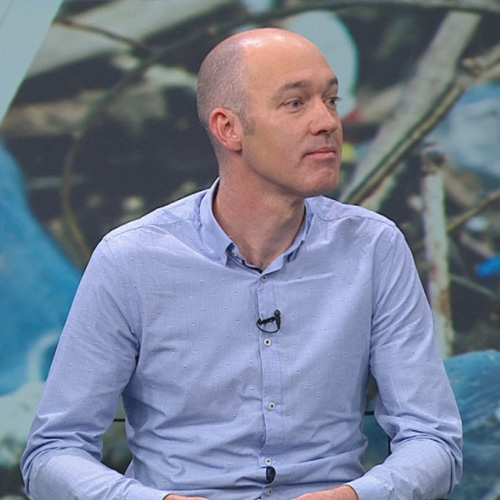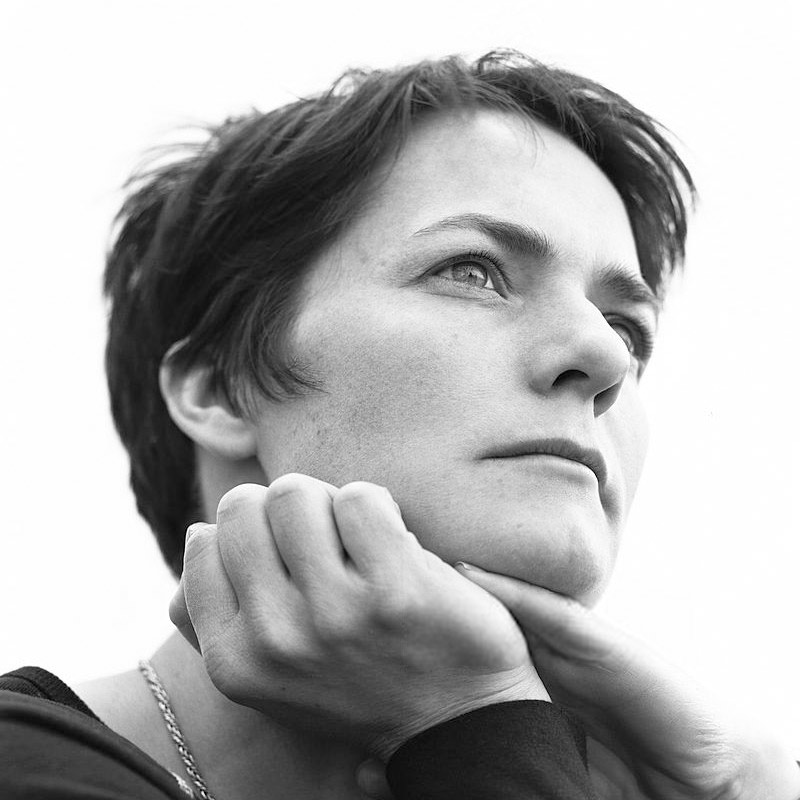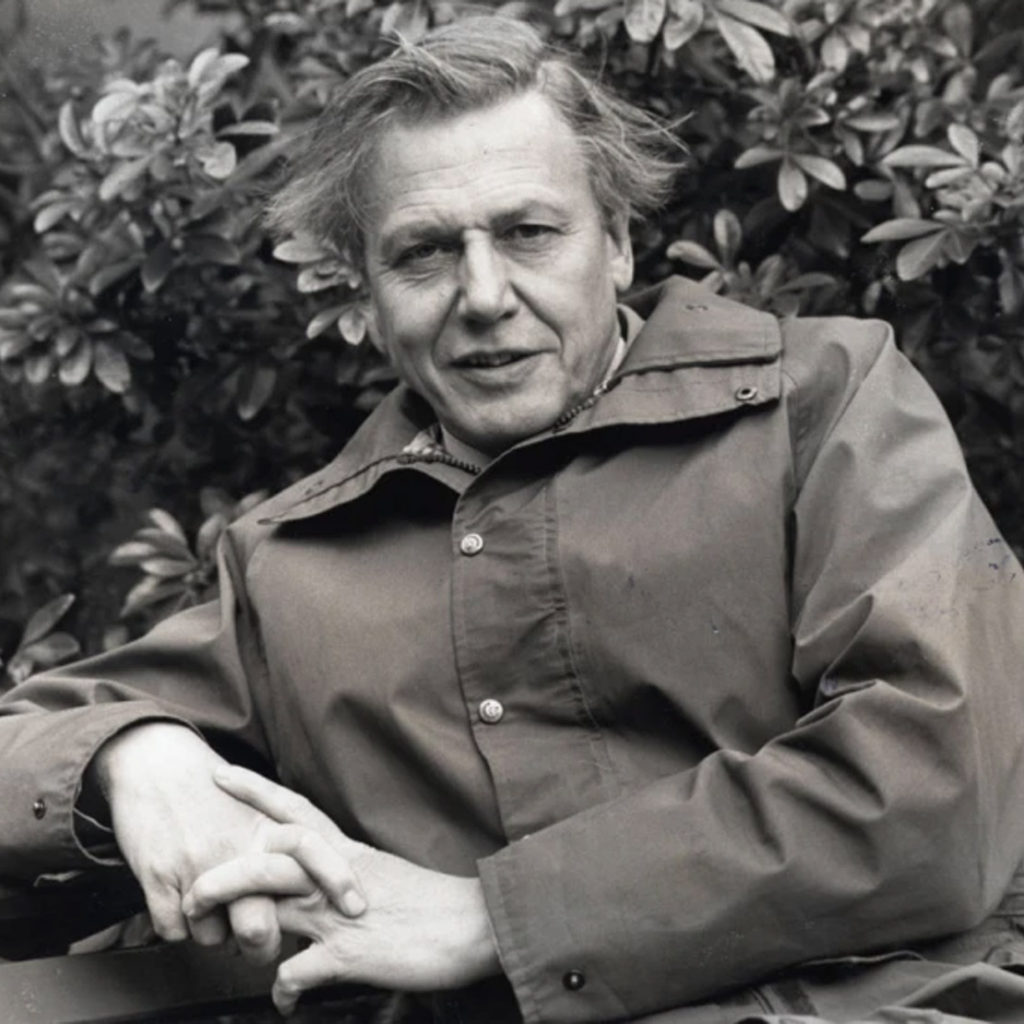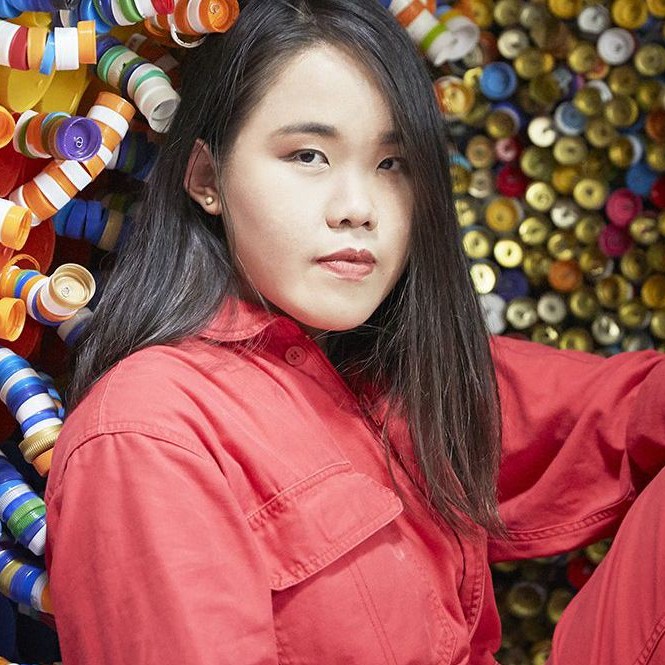AdaPETation talks to Mark Minneboo of Plastic Oceans International about a solutions revolution that’s filling him with optimism and hope for a circular future.
It is estimated that more than 8 million tonnes of plastic end up in our oceans every year, that’s the equivalent of one garbage truck a second being tipped into the sea. With an estimated 150 tonnes already in circulation in the world’s seas and oceans, at this rate it’s estimated that there will be more plastic than fish in our seas by 2050. Clearly nobody wants this but what can be done about it?
It’s something that Dutchman, Mark Minneboo, Regional Director for Latin America at Plastic Oceans International is dedicating his life working to prevent. By collaborating with stakeholders throughout the value chain to build more nature-based solutions he hopes to stem the tide of plastics entering the world’s oceans once and for all.
“We need to get back to the base of the problem which is that plastic is not a natural product,” says Minneboo. “It’s something that the ecosystem and our planet does not have a solution for so we will always be looking for a mechanical solution.”
In response, Plastic Oceans, has been seeking to widen the debate surrounding our use of plastic and how collectively we can work to design waste out of our system. Alarmingly, says Minneboo, too much of the conversation remains anchored to the idea of recycling plastic as a long-term solution.
Recycling Shortfall
“I think part of the debate at the moment has been very much focused on single use plastics and the consumer and what the consumer can do but that is very much an end of the life cycle debate. You know, it’s like we have all these plastics and we have no idea what to do with them but we keep using them and that’s a big mistake,” he says.
Some 50 years into our global efforts to make inroads into recycling, still as little as 9% of global plastic production is making its way back into the plastics supply chain. Hardly a great success, according to Minneboo, and an indicator that it’s unlikely to be the most effective long-term solution to the problem of plastic pollution leaking into our environment.
“We see very much in Latin America a focus on recycling which means in the end we keep being irresponsible and when the damage is already done we try to limit the damage,” he says. “The damage is still there. I think that is a mistake. We should focus much more on avoiding the problem entirely and make sure that any product that is being released onto the market already needs to have a plan of what to do afterwards with it so we don’t depend on recycling on improvised solutions.”
Circular Future & Local Solutions
Plastic Oceans International has been lobbying in favor of a long list of interventions across the value chain working with each stakeholder as a key partner in the Ellen MacArthur Foundation’s Plastics Pact in Chile and Portugal.
“We have to simplify plastic products, we have to change our logistics, we have to change the way we consume, we have to change how we design and we have to change our waste management systems so that no plastics escape in any step of the process from extracting oil to the disposal of a product after its use,” says Minneboo.
In just three years, working from Chile on advocating for these changes, Minneboo has seen great advances as a consequence of a collective awakening up to the threat being faced and a concerted mobilizing across the board to face the challenge.
Since he started the mission in Chile in 2017, he’s been working closely with companies, authorities and activists to introduce a clear roadmap towards a waste free world.
“In Chile we have a ban on single use plastic bags, we’re going to have a single use plastics ban, we’re going to have a national strategy for a circular economy towards 2040. We have an extended producer responsibility law that came into effect this year, so I’ve seen many, many changes in just one country. I’ve seen Europe changing a lot, they are a big consumer and a big waste producer so if Europe is changing that gives me hope,” he says.
The key to achieving the goals in Chile, he believes, was collaboration across the industry as part of the Plastics Pact promoted by the Ellen MacArthur Foundation. The ban on single use plastics was a milestone for the organization and marks an important change in attitudes for Chile and the region.
“There’s not one single solution – we need to be more focused on local solutions, local realities but in the end everything has to be circular. It cannot be that a multinational company is being praised for their sustainability practices in Europe while they keep selling single use packaging in under-developed countries.”
Plastic Sea-Change
Importantly, argues Minneboo, he’s seen a critical shift taking place within some of the world’s leading plastic producing companies and their biggest customers, namely the consumer goods industry. There’s a widespread realization that simply becoming “more sustainable” is no longer enough to win over consumers in the long-term.
“All players of the Plastic Pact work together to find solutions. It’s all part of collaboration I guess and also working with companies before that we would never work with them – they have to become part of the solution because if not they are probably going to be out of business in the next 10 years,” says Minneboo.
“The big problem right now is our economic system of producing in a linear way, which is extraction, production, consumption and waste generation and we have to change our economic system to a circular one,” he says. “That’s a revolution, that’s not just saying sell a more sustainable product, it’s the whole value chain. You have to change everything.”
“It’s inviting companies to design better, to design circular products so they can design out waste. Right now designs are based on generating waste and not being accountable for it so that’s an invitation for companies to design in a different way to avoid generating waste. Use all these smart people and make them design in another way.”
Design challenges springing up throughout the industry have started to stimulate technological solutions including the award-winning retail distribution systems being developed by Algramo, one of the exciting success stories coming out of Chile.
Moved by seminal programs like David Attenborough’s emotional return to the oceans in The Blue Planet 2, Plastic Oceans International continues to produce films and educational programs that have contributed to the tide turning against plastic pollution.
Minneboo feels the tipping point has been passed and the days are numbered for companies slow to adapt and re-think the way they reach consumers that are increasingly turned off by a single use lifestyle.
“You have to think about how the consumer can access your product in a more sustainable way,” he says. “If not there are going to be more regulations. You are going to be charged as a company and if you want to avoid that charge or costs then you have to be creative.”
It’s precisely here where the PET industry meets other stakeholders and change agents that the AdaPETation network aims to bring solutions and creativity to the fore to help reshape our collective understanding of how best to solve this complex issue together.
Useful links.
Plastic Oceans International: https://plasticoceans.org/
Instagram: https://www.instagram.com/plasticoceans/
THE HISTORY OF PLASTIC
Throughout the history of plastic, PET has been crucial in keeping food fresh with lightweight and durable packaging solutions that have helped reduce food waste for almost a century. Learn all about the invention of plastic and the important role it has played feeding people and saving the lives of humans and elephants in the adaPETation® timeline of the history of plastic.




